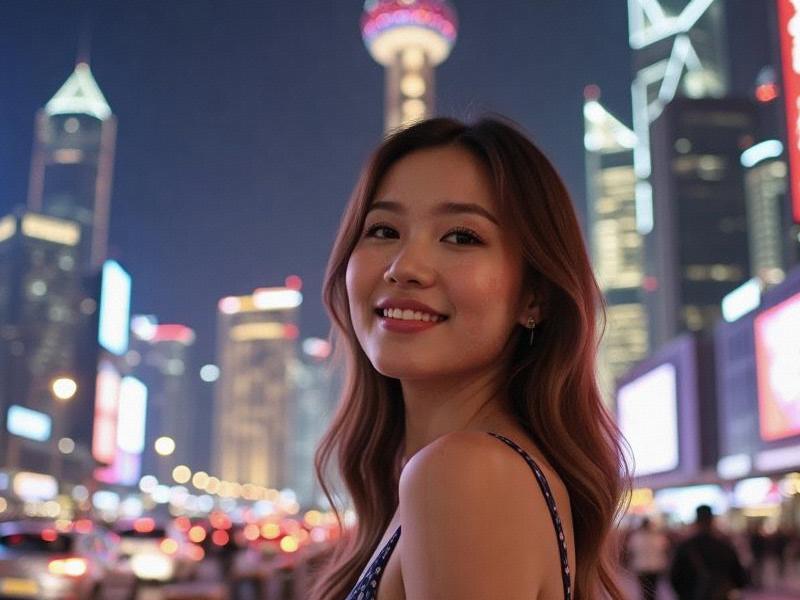This 2,300-word investigative report traces the development of Shanghai's entertainment scene from its 1920s golden age to today's sophisticated nightlife industry, examining how historical influences and modern trends have shaped the city's unique entertainment culture.

The Evolution of Shanghai's Nightlife: From Jazz Age Glamour to Modern Entertainment Hubs
Introduction: Shanghai's Enduring Allure
Shanghai has maintained its reputation as China's entertainment capital for nearly a century. Today's glittering entertainment venues carry echoes of the city's Jazz Age past while embracing cutting-edge trends. This article explores how Shanghai's entertainment industry has evolved while retaining its distinctive character.
Section 1: Historical Foundations (1920s-1940s)
1.1 The Golden Age
- Legendary venues like the Paramount Ballroom
- Jazz culture and international influences
- The rise of cabaret and dance hall culture
1.2 Entertainment as Cultural Fusion
- Western-style nightclubs with Chinese characteristics
- The "Shanghai style" (Haipai) entertainment aesthetic
- Famous performers and socialites of the era
Section 2: The Socialist Transformation (1950s-1980s)
2.1 The Disappearance of Nightlife
上海龙凤419体验 - Closure of bourgeois entertainment venues
- Emergence of state-run cultural palaces
- Limited entertainment options during Cultural Revolution
2.2 Underground Entertainment
- Secret dance parties and music gatherings
- The persistence of musical traditions
- Changing social attitudes toward leisure
Section 3: The Reform Era Revival (1990s-2010s)
3.1 The KTV Revolution
- Taiwanese influence on Shanghai's entertainment
- Karaoke as business and social ritual
- Luxury KTV chains catering to different demographics
3.2 Bar Street Culture
- Hengshan Road's international bar scene
- The Bund's upscale cocktail lounges
- Local craft beer movement
上海娱乐
Section 4: Modern Entertainment Landscape (2020s-Present)
4.1 High-End Club Culture
- Members-only establishments in Pudong
- Celebrity-owned venues
- Ultra-luxury service standards
4.2 Themed Entertainment Complexes
- Immersive experience venues
- E-sports bars and gaming lounges
- Cultural performance centers
Section 5: Business and Entertainment
5.1 Corporate Entertainment Culture
- KTV as business negotiation space
- Expense account culture
- Changing attitudes among younger executives
上海品茶论坛 5.2 Government Regulation
- Crackdowns on certain entertainment practices
- Licensing requirements
- COVID-19 impact and recovery
Section 6: Future Trends
6.1 Digital Integration
- App-based reservation systems
- Virtual reality experiences
- Social media-driven venue popularity
6.2 Sustainability Initiatives
- Eco-friendly club designs
- Responsible alcohol service
- Community engagement programs
Conclusion: Shanghai's Enduring Nightlife Spirit
Through political changes and economic transformations, Shanghai has maintained its position as China's premier entertainment destination by adapting to new realities while preserving elements of its glamorous past. The city's entertainment venues continue to reflect its unique position as both Chinese and cosmopolitan.